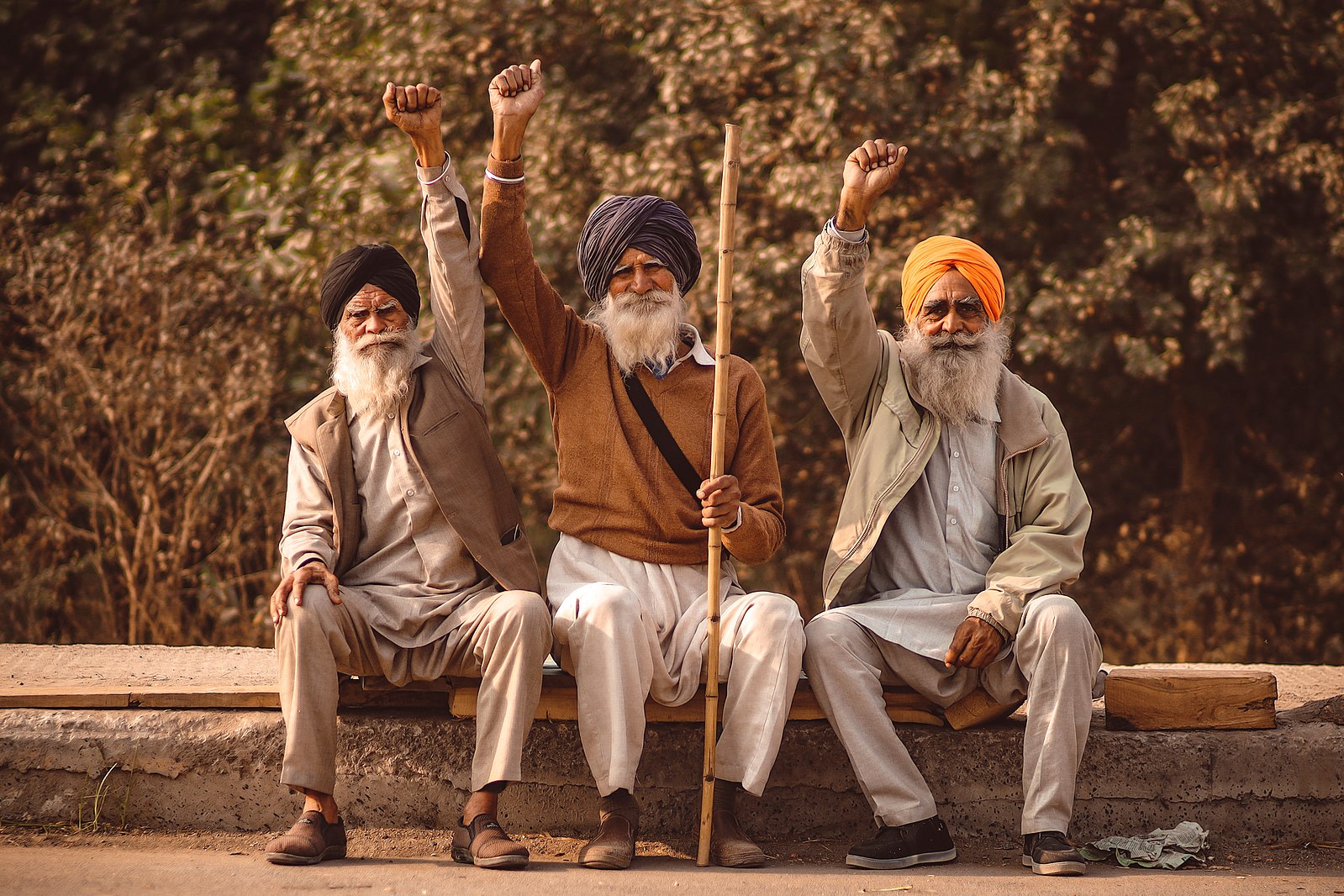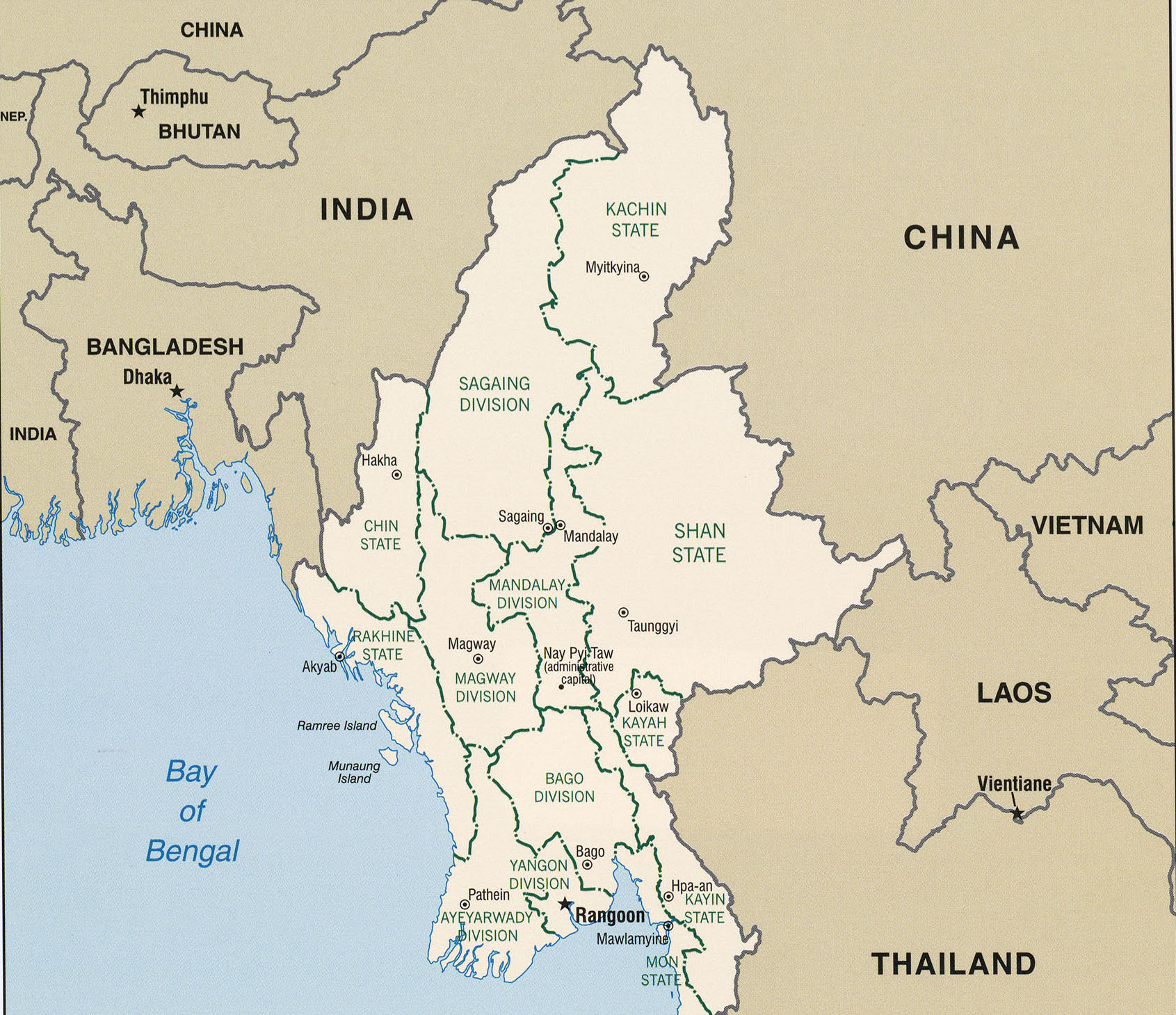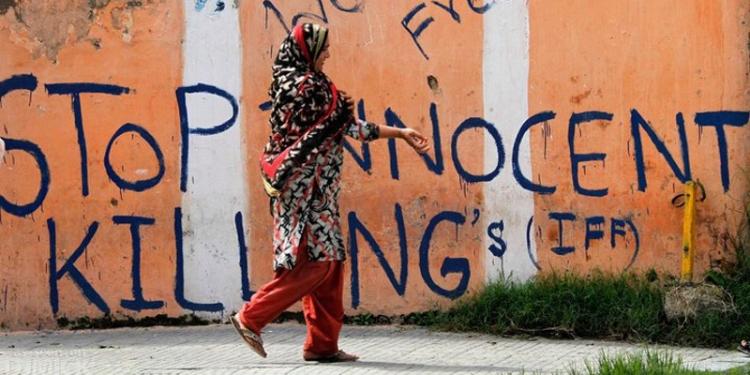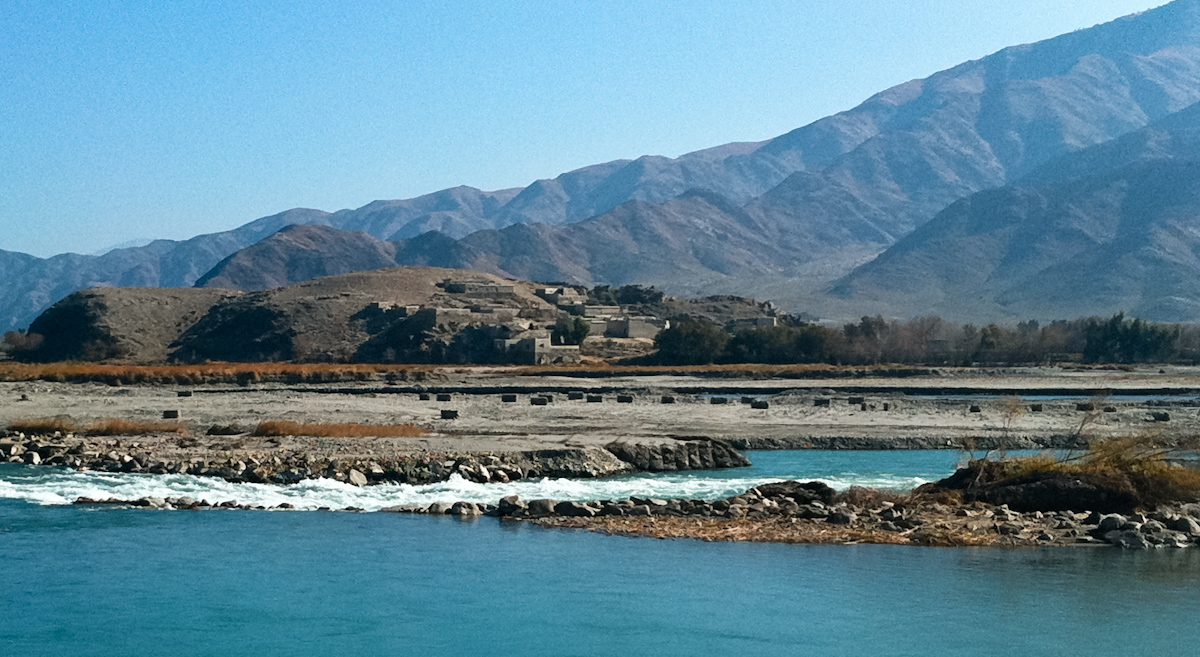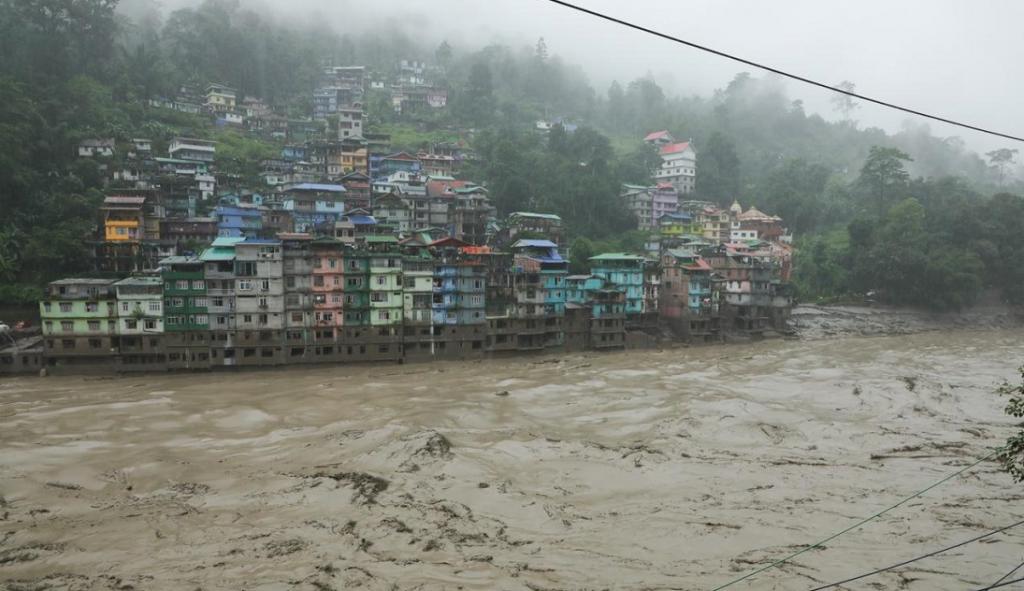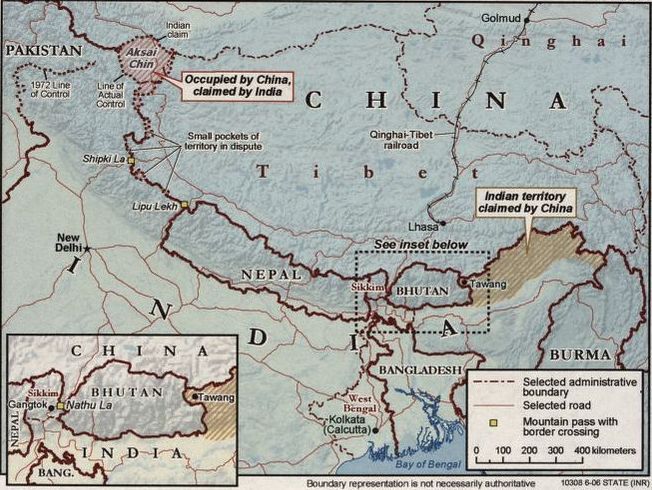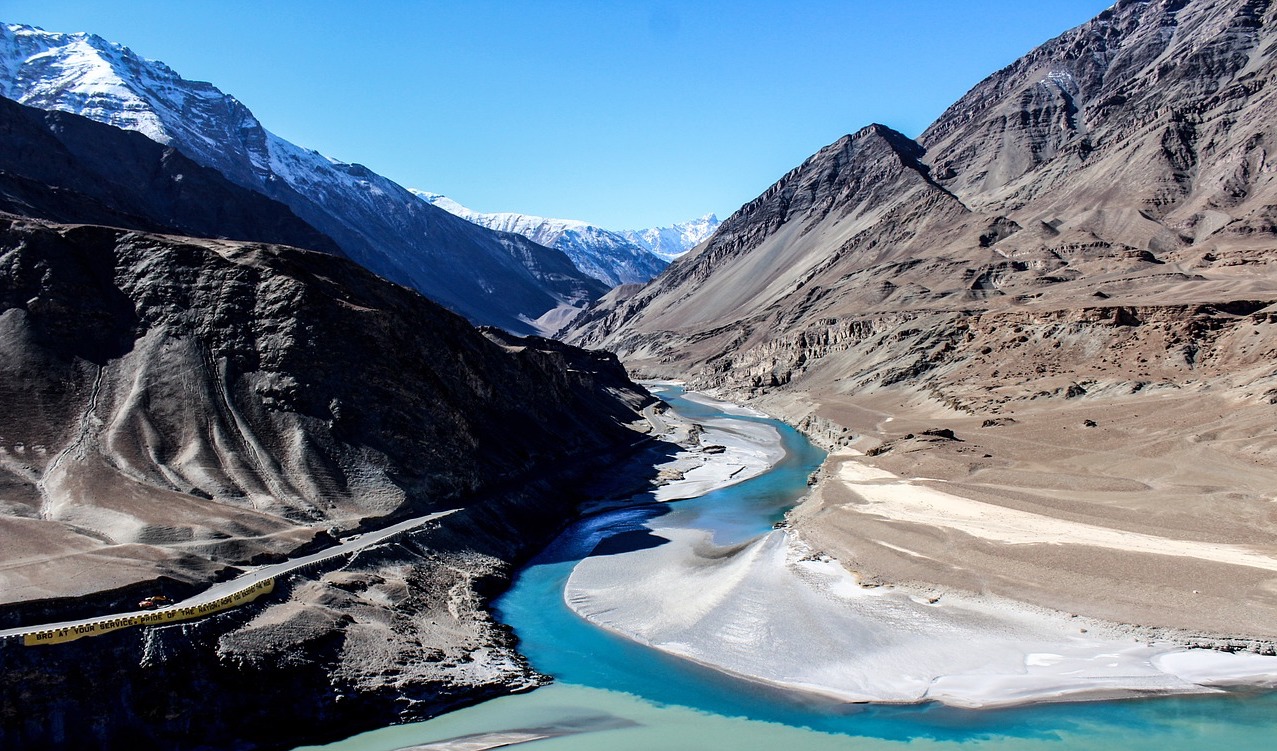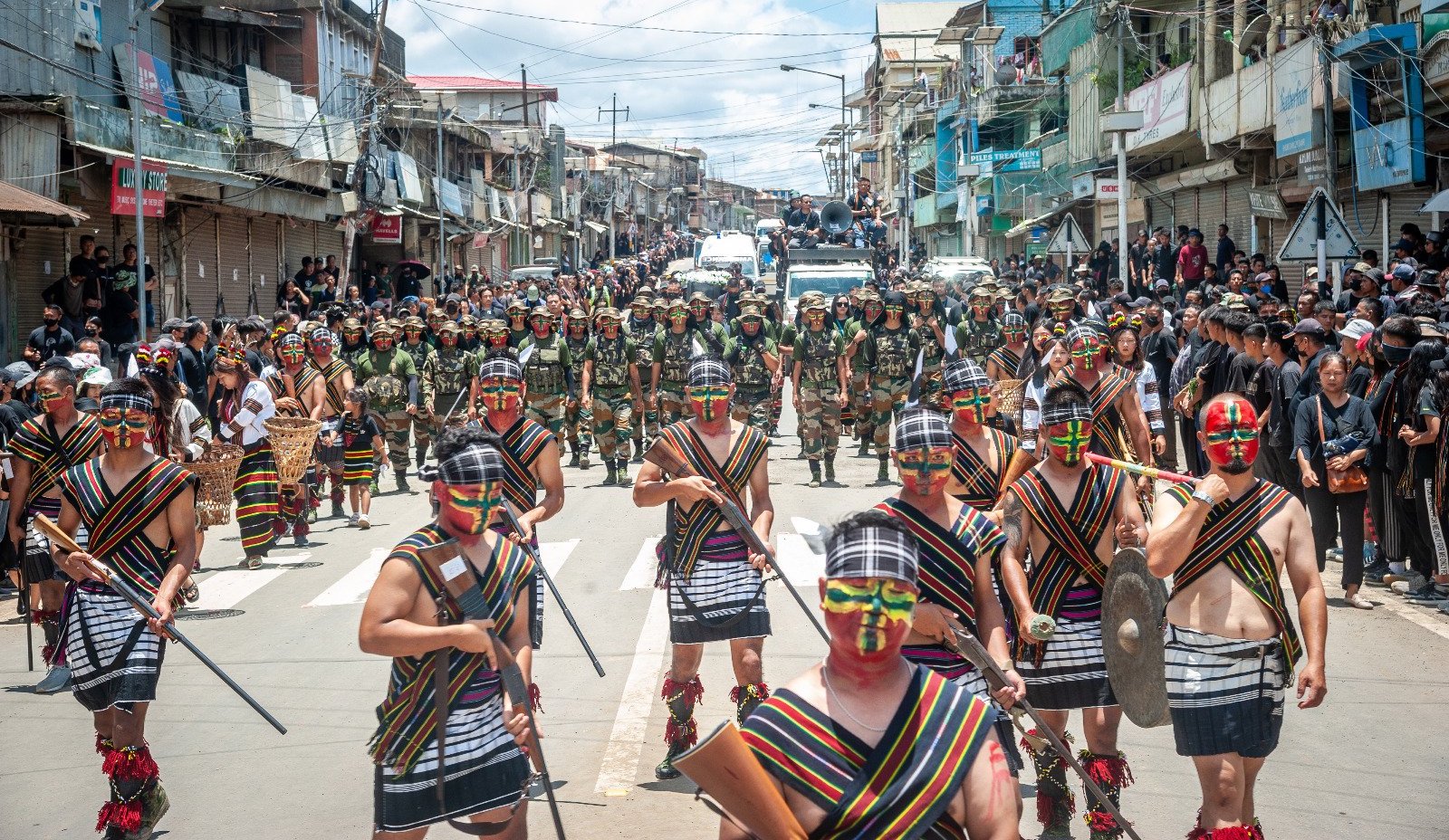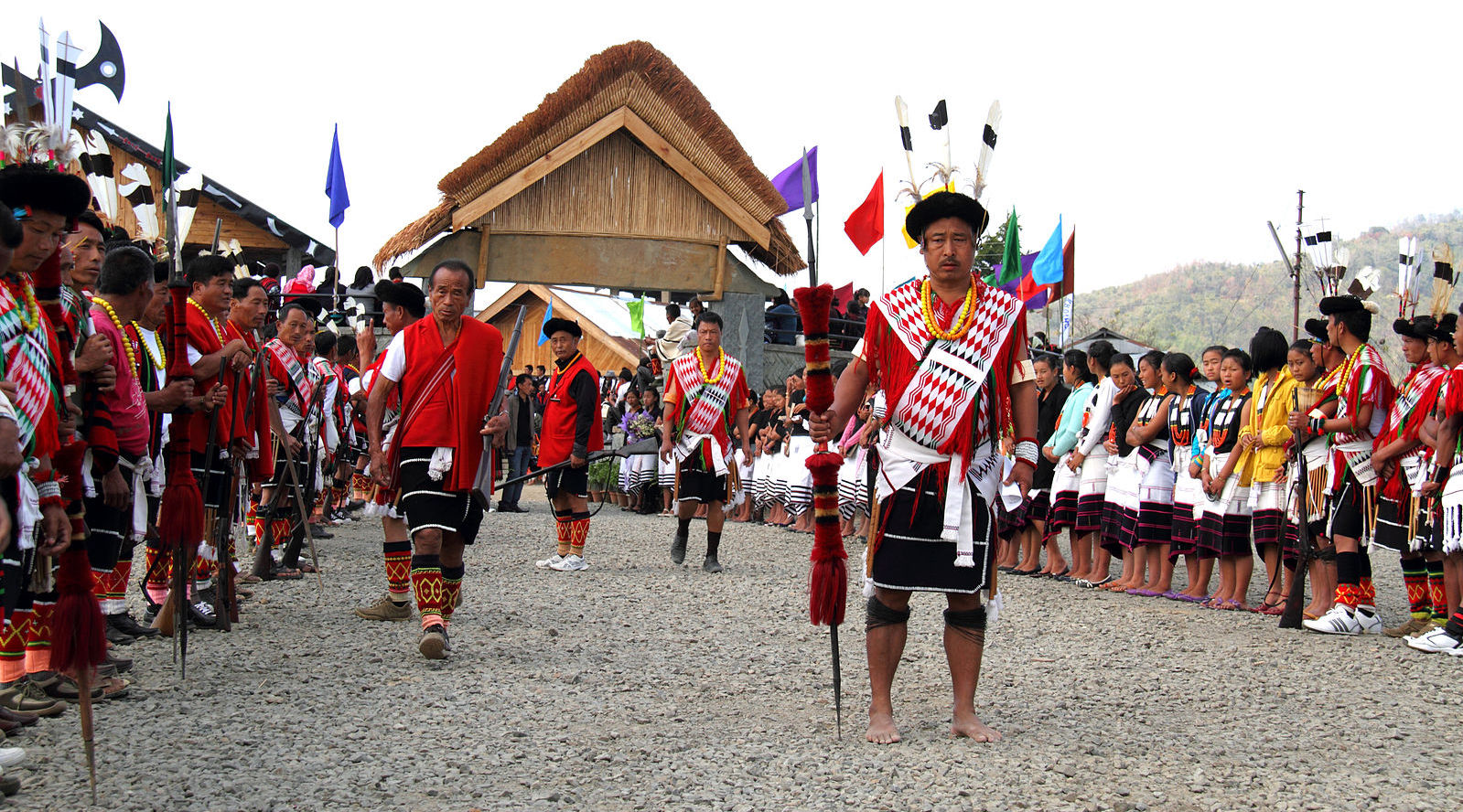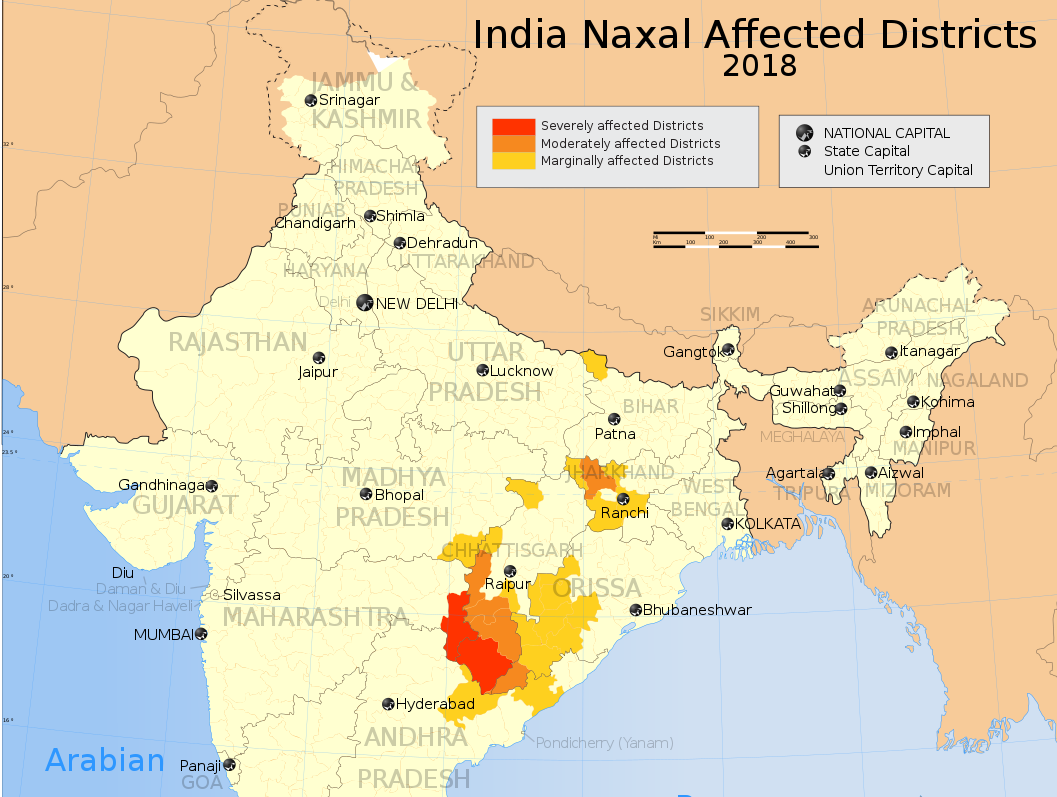
India: security forces launch new anti-Naxal ops
Indian security forces killed at least 29 Naxal insurgents in Kanker Bastar district of Chhattisgarh state this month. The Indian Border Security Force (BSF) and District Reserve Guard (DRG) carried out the joint operation in what the BSF called “a major crackdown against the Maoist menace.” Among those reported killed was a top Naxal commander, Shankar Rao. A large cache of weapons was also reported to have been seized in the operation. Chhattisgarh is one of several states, mostly in east-central India, officially designated as affected by Left-Wing Extremism (LWE). (Map: Wikipedia)



